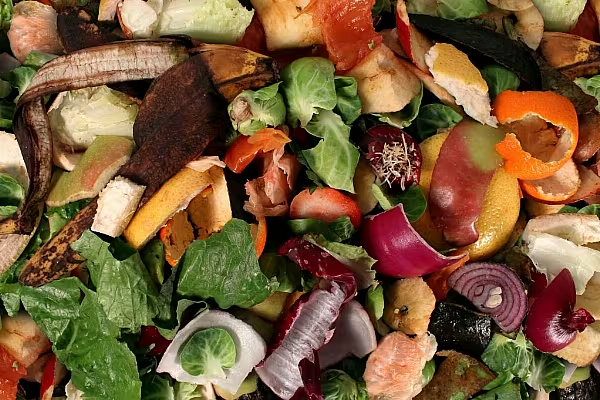More than nine in ten shoppers believe that UK supermarkets need to play a more responsible role in tackling food waste, a study by transformational think tank Newton has found.
According to a YouGov study of 4,000 customers, 92% believe that supermakets could do more to combat food waste, with 69% citing the sale of imperfect fresh produce as a key means to achieve this goal.
However, despite initiatives such as Asda’s Wonky Veg and Tesco’s Perfectly Imperfect fruit and veg ranges, some 4.5 million tonnes of food is still being wasted in the UK, do to it not meeting certain specifications.
More than half (52%) of respondents wanted the option of buying loose fruit and vegetables or to buy in smaller portions (45%), Newton’s study found,
Elsewhere, close to a third (30%) sought food sold in packaging that better prolongs the life of the product, or the opportunity to avail of BOGOF deals that enable shoppers to collect the second item when they need it (30%).
Consumer Responsibility
The study also found that consumers believe they also have a responsibility to tackle food waste (73%), with the top misdemeanour by consumers seen as the inability to remember what was in the fridge (23%).
“It’s clear that consumers want to see retailers doing more to minimise waste, such as selling more loose produce and smaller portions,” commented Paul Harvey, partner at Newton.
“But in reality, convenience is a huge driver for consumers and everyday low prices come from supermarkets being able to sell in packs. Retailers have the capability and information to help consumers to waste less, but both sides need to work more closely in order to understand the implications of change.”
Harvey cited the example of loose produce as contributing to potential wastage, as shoppers are always drawn to healthier looking produce.
“Loose produce or smaller portions will also need to be managed in different ways through the supply chain, so investment in trials will be crucial to making this work,” he said.
“However, retailers can take action to minimise food waste to meet consumer demands in ways that won’t heavily impact their cost base, such as moving away from using black plastic packaging as much of this colour isn’t correctly picked out in recycling plants.
“In turn, consumers can also become more conscious of food waste by making small changes such as noticing when items expire – only a fifth of our research respondents said they checked the use-by date before throwing away food.”
© 2018 European Supermarket Magazine – your source for the latest retail news. Click subscribe to sign up to ESM: European Supermarket Magazine.














